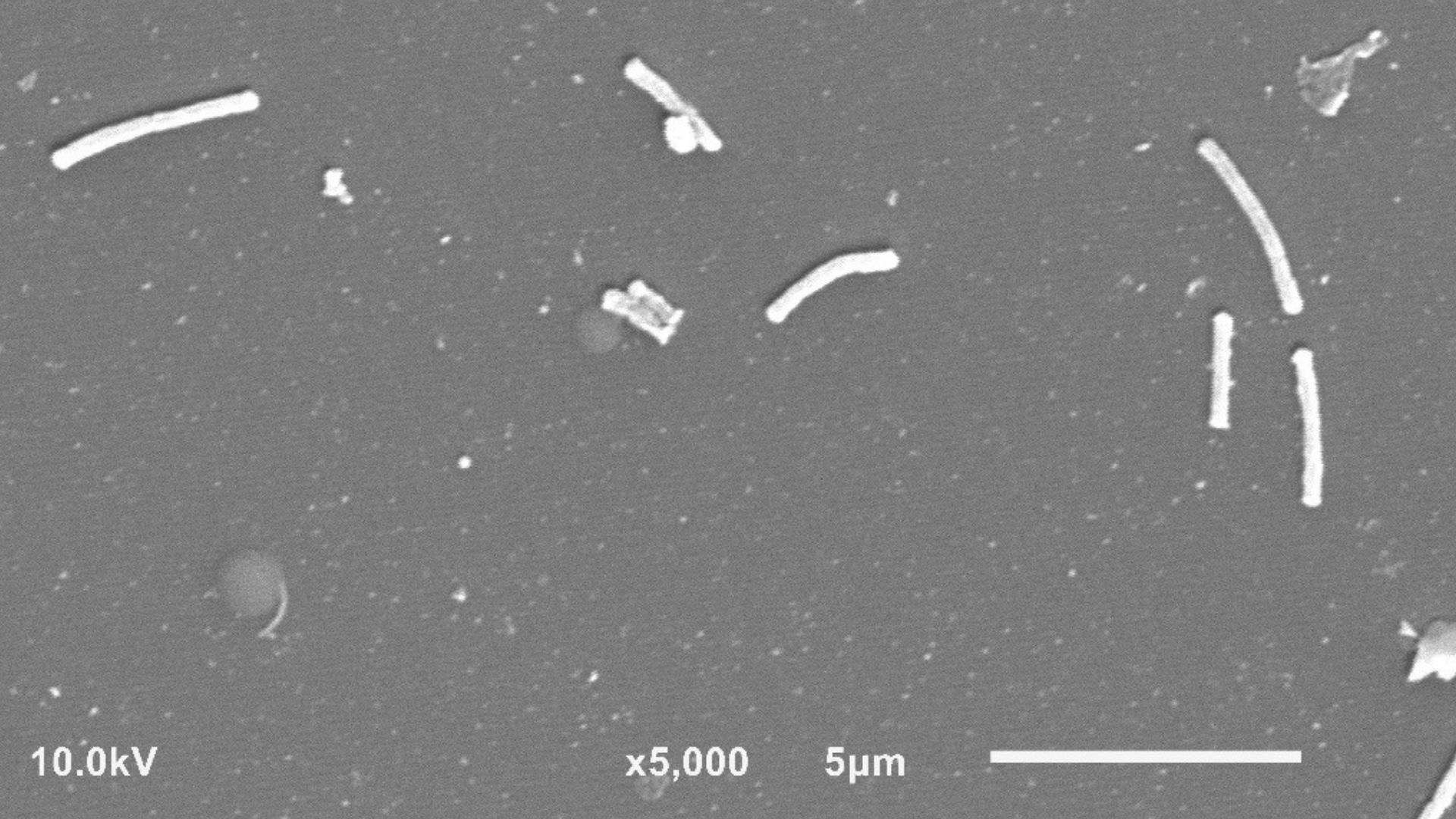New bacterium discovered in the oral cavity
Freiburg's newest tiny creature is called Dentiradicibacter hellwigii

Researchers at the University Medical Center Freiburg have discovered a new organism in the depths of a human root canal. Dentiradicibacter hellwigii is the name of the newly identified bacterium that the researchers isolated from an infected root canal. The choice of name honors a former Freiburg dentist. Whether the new microbial roommate is a pathogen or not will be clarified in further studies. The Freiburg researchers presented the new bacterium on March 5, 2025 in the International Journal of Systematic and Evolutionary Microbiology.
"The discovery shows that our oral flora is far from being fully understood. An out-of-balance oral flora can affect the health of the entire body," says Prof. Dr. Fabian Cieplik, Medical Director of the Department of Restorative Dentistry and Periodontology at the Freiburg University Medical Center. Over 770 types of bacteria are already known to exist in the human oral cavity - and now another one has been added.
"We have a bacterium here that apparently feels particularly at home in infected root canals, but is not necessarily the culprit," explains Prof. Dr. Ali Al-Ahmad, who, as head of the Oral Microbiology Department at the Department of Restorative Dentistry and Periodontology, was primarily responsible for isolating the new bacterium together with first author Dr. Sibylle Bartsch as well as Annette Wittmer and Prof. Dr. Georg Häcker from the Institute of Medical Microbiology and Hygiene.
Dentiradicibacter hellwigii is Gram-negative, anaerobic and motile. It prefers to grow in co-cultures with other bacteria and can utilize sugars such as glucose. This new discovery is not only a new species, but also the first description of the genus Dentiradicibacter, which could include other species in the oral cavity. This shows the high diversity of microorganisms found in the oral cavity. Further research will show whether the newly described bacterium could play a specific role in inflammatory processes, such as those that occur in root canal infections.
The bacterium owes its name to the Freiburg professor and former Medical Director of the clinic Prof. Dr. Elmar Hellwig, who worked intensively on oral microbiology. "A well-deserved honor for my predecessor, a great name in dentistry," says Cieplik.
Link to the article:www.microbiologyresearch.org/content/journal/ijsem/10.1099/ijsem.0.006690
Caption: The new tiny organism is rod-shaped and only about 2 micrometers long.
Image source: Bartsch et al. (2025), Int. J. Syst. Evol. Microbiol. DOI 10.1099/ijsem.0.006690
Back
Medical Center - University of Freiburg
Central Information
Phone: 0761 270-0
info@uniklinik-freiburg.de
For press inquiries:
Corporate Communications
Breisacher Straße 153
79110 Freiburg
Phone: 0761 270-84830
kommunikation@uniklinik-freiburg.de


